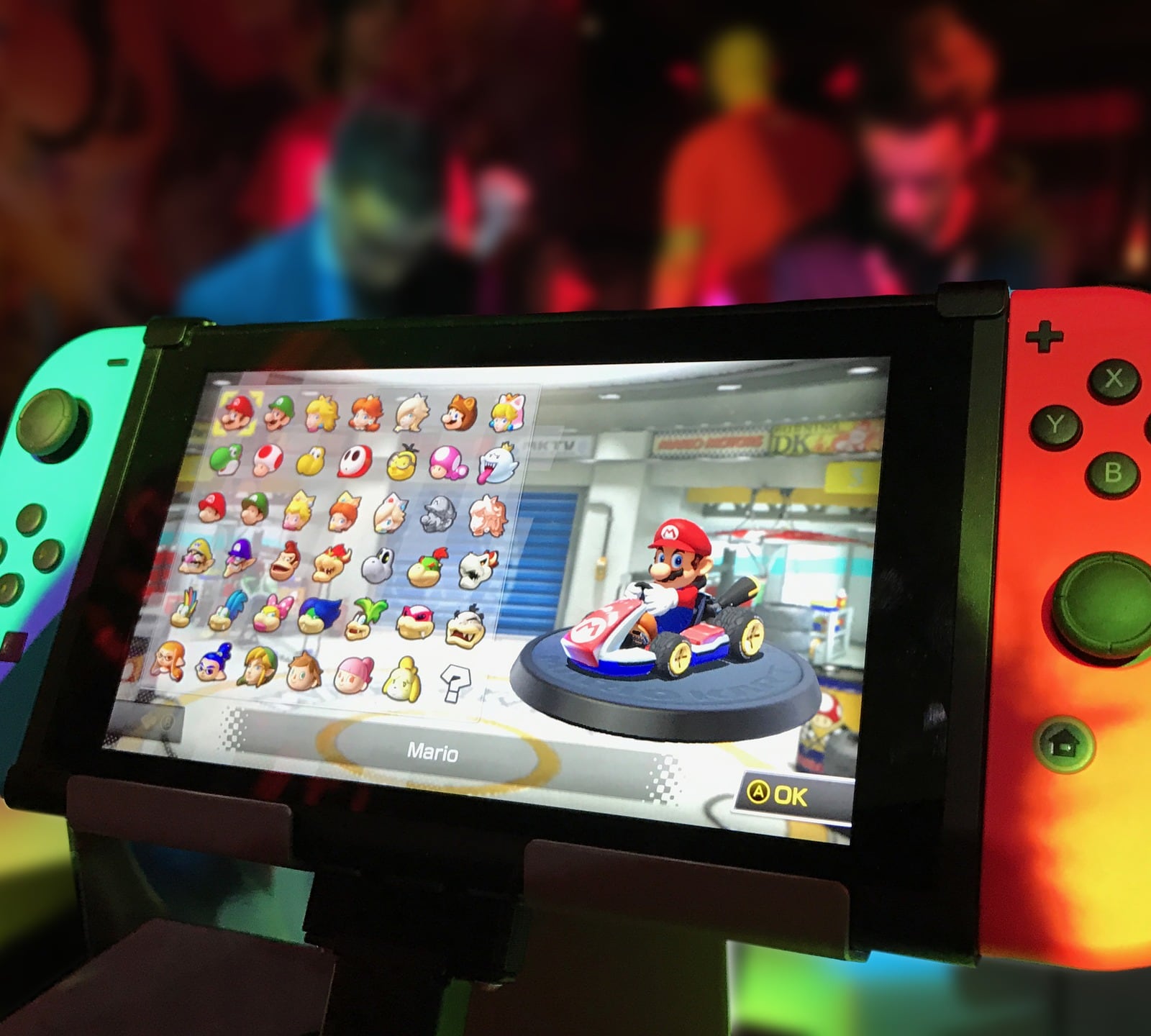For all the success of the Nintendo Switch--which sold faster than any other console in the company's history--fans have complained at being unable to save their credit-card information to the device, a capability that’s long been possible on other Nintendo consoles. Now anyone shopping on the console’s eShop will have a “Save” checkbox that allows their credit-card information to be saved for future purchases.
Is such storage a smart move? On the tech side of things, Nintendo has implemented the feature in a way that mitigates the possibility of data breaches. That said, interception of your credit-card information is always a possibility. And you may want to consider the effect easy ordering could have on impulse buying--which can be a problem for some gamers.
Credit Card Details Are Stored Locally
Nintendo has clearly learned a lesson from past data breaches that exposed the personal information of millions of gamers. The most infamous was the 2011 PlayStation Network (PSN) hack that exposed names, addresses and other data for about 77 million users. Though personal information was stolen, there were no verifiable reports of credit card fraud due to extra security measures enacted by Sony.
On the Switch, Nintendo has chosen to store credit card data on the device itself, and in an encrypted form. That all but eliminates the risk it will be exposed due to a server breach. Also, users have the ability to protect the details with a password. That mitigates the chances that a child or roommate charges purchases without your knowledge or permission.

However, those measures do not guarantee that your payment information might not be stolen. Hackers can still intercept your payment information when you send it from your console to Nintendo. Note that this is a risk you take on when making any online purchase, and it’s not exclusive to the Switch. If you do store your details on the device, be sure to look over your credit card statements each month with an eye to any suspicious or unauthorized activity--which is a good idea, anyway, regardless of whether you own a Switch.
Ease of Buying Can Promote Impulse Buying
One other point worth noting is that saving your credit card information to the Nintendo Switch eShop, or any shop for that matter, promotes impulse buying. By reducing the barriers to a purchase, you are psychologically more likely to hit “buy”, even if you aren’t fully committed to it.
You may well decide the convenience of quick purchases trumps the risk of impulse buys you might later regret. But if you lack self-control over your game buying, having to re-enter your credit card number with each purchase can introduce a delay in which you can consider whether you really need that new game, and can afford the $15 to $60 that it will likely cost. Impulse buys can be a quick way to burry yourself in massive amounts of debt.
 Credit Cards
nintendo-switch-2154437_1920_faloqn
Credit Cards
nintendo-switch-2154437_1920_faloqn